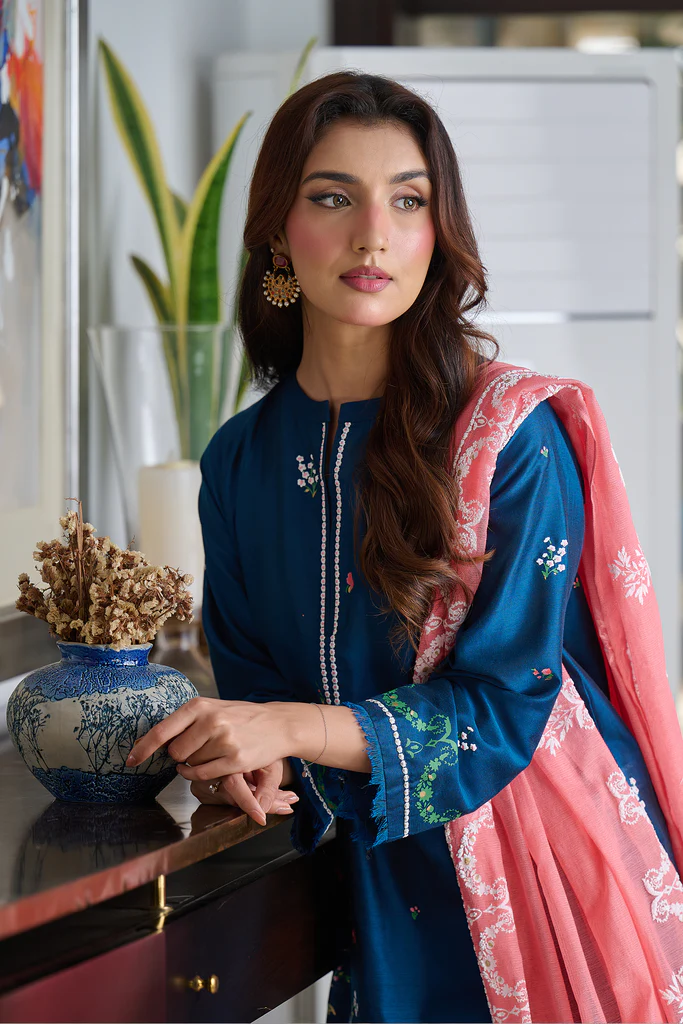Sustainable fashion is no longer just a trend; it has become a global movement that empowers consumers to make mindful choices about what they wear. As more people recognize the environmental impact of fast fashion, the demand for ethical, eco-friendly clothing continues to grow. In this ultimate guide to sustainable fashion, we explore what it truly means, why it matters, and how individuals and brands like moj-azyl.pl can contribute to a greener future.
Understanding Sustainable Fashion
Sustainable fashion refers to clothing, accessories, and footwear that are produced, marketed, and used in the most sustainable manner possible. This includes minimizing environmental harm, ensuring fair labor practices, and focusing on durability rather than disposability. Unlike fast fashion, which prioritizes quick production and low costs, sustainable fashion promotes long-term value and responsibility.
Key Principles of Sustainability in Fashion
The foundation of sustainable fashion lies in three main pillars: environmental responsibility, social ethics, and economic viability. Environmentally, it focuses on reducing pollution, conserving resources, and using eco-friendly materials. Socially, it emphasizes fair wages, safe working conditions, and respect for workers’ rights. Economically, it supports business models that promote quality over quantity, encouraging consumers to buy less but better.
Why Sustainable Fashion Matters
The fashion industry is one of the largest contributors to global pollution. From excessive water usage to harmful chemicals and textile waste, traditional clothing production puts immense strain on the planet. By adopting sustainable practices, brands and consumers help combat climate change, reduce landfill waste, and support ethical labor practices.
Environmental Impact of Fast Fashion
Fast fashion often relies on synthetic materials like polyester, which take hundreds of years to break down. Additionally, dyeing fabrics requires vast amounts of water and exposes ecosystems to toxic chemicals. By switching to organic cotton, hemp, bamboo, or recycled fibers, we can significantly reduce environmental damage.
Social Impact and Ethical Production
Sustainable fashion also advocates for fairness across the supply chain. Workers in many fast-fashion factories face unsafe conditions and unfair wages. Supporting sustainable brands encourages ethical production and contributes to better livelihoods for garment workers.
How to Build a Sustainable Wardrobe
Adopting sustainable fashion does not mean replacing your entire wardrobe overnight. Instead, it is about making smart, conscious choices over time and embracing the philosophy of mindful consumption. Brands like moj-azyl inspire consumers to prioritize quality, durability, and eco-friendly practices.
Choose Quality Over Quantity
Invest in pieces that will last. High-quality materials and craftsmanship ensure that a garment remains wearable for years. Fewer purchases also mean fewer resources used and less waste generated.
Understand Fabrics and Materials
Eco-friendly fabrics play a major role in sustainability. Organic cotton, linen, hemp, Tencel, bamboo, and recycled fabrics require fewer chemicals and resources. When shopping, check labels for certifications like GOTS (Global Organic Textile Standard) or OEKO-TEX.
Shop from Sustainable Brands
Supporting brands committed to environmental and ethical practices is one of the most effective steps toward sustainable fashion. Brands like moj-azyl advocate for conscious living, helping consumers choose responsibly made products that align with eco-friendly values.
Reuse, Repurpose, and Recycle Clothing
Extending the life of your clothing is one of the simplest ways to practice sustainable fashion. Whether through repairing damaged items, upcycling old garments, or donating what you no longer need, each action helps reduce waste.
The Importance of Circular Fashion
Circular fashion focuses on keeping clothing in use for as long as possible. This includes renting, swapping, thrifting, and buying second-hand. By participating in the circular economy, consumers help reduce the demand for new production and minimize environmental footprints.
Tips to Incorporate Sustainability into Everyday Fashion
Living sustainably does not require drastic lifestyle changes. Small adjustments can make a big impact. For example, washing clothes with cold water saves energy and helps garments last longer. Air-drying instead of using dryers reduces electricity usage. Choosing timeless pieces over trendy items ensures that your wardrobe remains relevant year after year.
Care for Your Clothing Properly
Proper maintenance can significantly prolong the life of your garments. Use gentle detergents, wash less frequently, and store clothes correctly to preserve their shape and quality.
Avoid Impulse Buying
Many fast-fashion purchases are made impulsively and end up unused. Being intentional with your purchases helps reduce waste and saves money. Before buying, ask yourself whether the item fits your style and if you will wear it often.
The Role of Brands in Promoting Sustainable Fashion
Brands play a crucial role in shaping consumer behavior and industry trends. Companies committed to transparency, ethical production, and eco-friendly materials set a positive example. moj-azyl.pl embraces sustainability by promoting mindful living and eco-conscious choices, encouraging consumers to adopt greener habits.
Transparency and Traceability
Sustainable brands provide insight into their supply chains. They disclose where materials are sourced, how products are made, and the conditions under which workers operate. Transparency builds trust and helps consumers make informed decisions.
Innovation in Sustainable Fashion
The industry continues to innovate with biodegradable fabrics, plant-based dyes, and waste-reducing technologies. These advancements make sustainable fashion more accessible and appealing to mainstream consumers.
Conclusion: Embrace a Greener Future with Sustainable Fashion
Sustainable fashion is not just a movement—it is a mindset that encourages people to care for the planet, value their clothing, and support ethical practices. By making conscious choices, we can all contribute to a more responsible and eco-friendly industry. Brands like moj-azyl continue to inspire individuals to embrace sustainability and create wardrobes that reflect both style and values. Every garment we choose has an impact, and together we can build a greener, brighter future for the fashion world.
